News Archive
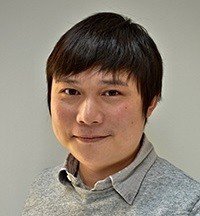
Wang finds unique properties by giving three layers of graphene a twist
Posted
Ke Wang, an Assistant Professor in the School of Physics and Astronomy, led a recent experimental effort to study the electrical properties of a novel architecture of graphene--a single atomic layer of graphite. It was recently shown that by placing two layers of graphene on top of one another with a small twist angle in between, the electrical properties change drastically. “With a precisely-controlled twist angle,” Wang says, “it can even become superconducting, allowing electrical current to experience no dissipation or resistance.” Wang’s group took it to another level by stacking three layers of graphene with consecutive twists, resulting in a higher order atomic structure that exhibits “transport signature of superconductivity at an extremely low electron density, two orders of magnitude smaller than the previous record,” Wang says.
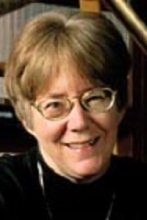
Roberta Humphreys on Luminous Blue Variables
Posted
Professor Roberta Humphreys of the School of Physics and Astronomy recently gave a colloquium that served as a primer on “some of the most interesting stars I know: luminous blue variables (LBVs). These are among the most massive, most luminous stars known and in their short lifetimes experience high mass loss episodes that are not understood.
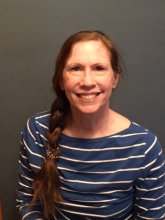
School Staff Member in the Great American Thinkoff
Posted
Angela Stehr was one of four finalists to answer the question “Is it Better to Win or Play by the Rules?” in the Great American Thinkoff, held annually in New York Mills, MN. Stehr is a Program Specialist for the Minnesota Institute of Astrophysics and is a self-described “Thinkoff Groupie.”
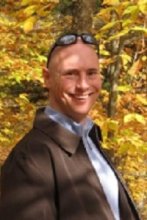
Pryke leads research effort that improves constraints on Physics of Big Bang
Posted
Professor Clem Pryke of the School of Physics and Astronomy has recently published a paper using data from the BICEP/Keck experiments at the South Pole to refine models of the early expansion of the Universe after the Big Bang.
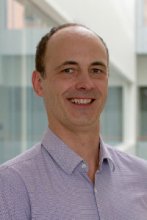
Greven research finds stretching quantum materials could tune their efficiency
Posted
Professor Martin Greven, a Distinguished McKnight Professor in the University of Minnesota’s School of Physics and Astronomy and the Director of the Center for Quantum Materials, led research efforts that found that deformations in quantum materials that create an imperfection in their crystalline structure, can actually improve the material's superconducting and electrical properties.
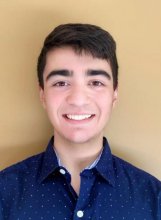
Alaei named Astronaut Scholar
Posted
Sauviz Alaei, a Physics and Math major from Eagan, has been named a recipient of the Astronaut Scholarship. The Scholarship is awarded annually to outstanding sophomores and juniors who intend to pursue research-oriented careers in math, engineering and the natural and applied sciences.

Local team selected by Air Force for space launch
Posted
A team from the University of Minnesota Small Satellite Laboratory was selected in a competition to be one of three teams to have their small instrument, a cubesat, launched into space.

Humphreys named AAS Fellow
Posted
Professor Roberta Humphreys of the School of Physics and Astronomy has been named a 2021 Fellow of the American Astronomical Society (AAS).
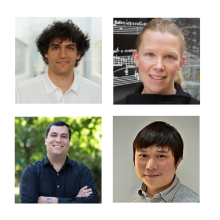
Collaboration uncovers unique properties of a promising new material
Posted
A collaboration that includes four faculty members of the School of Physics and Astronomy, Vlad Pribiag, Fiona Burnell, Rafael Fernandes, and Ke Wang, has discovered that a unique superconducting material has unforeseen properties when it was studied in a very thin layer. It is not uncommon for materials to behave differently when they are at a very small size, but this material has potentially beneficial properties.
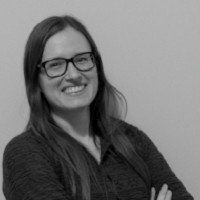
Searching for Stealth SUSY
Posted
Nadja Strobbe, who joined the School as an assistant professor in 2019, is leading an investigation into what she calls “stealth Supersymmetry (SUSY).” The elusive process of supersymmetry is a theoretical extension of the Standard Model that predicts a partner particle for every particle. These new particles could solve a major problem with the Standard Model – fixing the mass of the Higgs boson. To date, there has been no evidence for supersymmetry, although experiments at the Large Hadron Collider (LHC) have ruled out some of the simplest models.